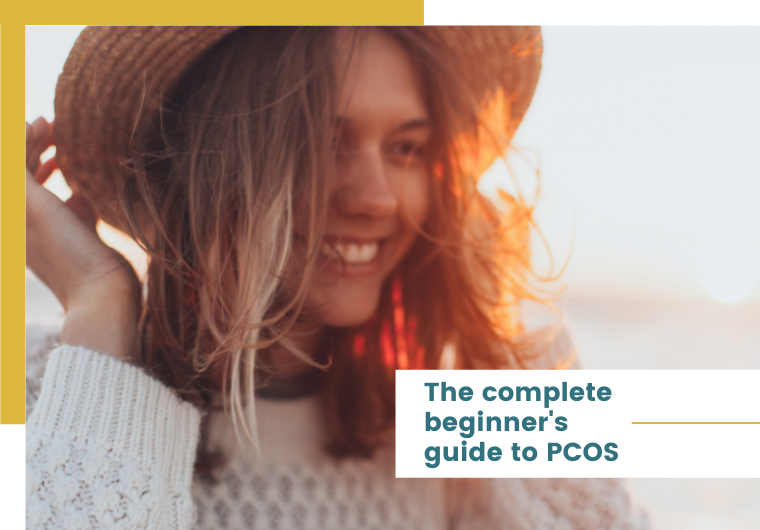September is here and with it comes PCOS Awareness Month.
And, at Chill, shedding some light on the condition that impacts 8-21% of women, is of supreme importance to us.
Polycystic Ovary Syndrome, or more commonly known as PCOS, is a condition that affects hormone levels causing infertility, irregular menstrual cycles, and ovulation as well as excessive hair growth, acne, and weight gain. Not only can the physical symptoms cause discomfort (and frustration!), but they can also add unnecessary stress to your busy and all-important lifestyle.
We want to ensure you have all the PCOS basics down pat so you can hone the confidence to take your wellness and future fertility into your hands while removing the pressure off your shoulders.
What are the causes of PCOS?
At present, there is no known cause of PCOS, however, there are a myriad of factors that may contribute to a diagnosis.
Some factors may include:
- Genetics (especially if your mother or sister has the condition)
- Elevated insulin and/or insulin resistance
- Inflammation
- Excessive androgen levels
- Weight/obesity
So, what are the symptoms?
Signs of PCOS are generally centred around the menstrual cycle and can include the following symptoms:
- Infrequent, absent, or heavy periods
- Weight gain and obesity
- Hirsutism (excessive hair growth)
- Acne that is not able to be managed with treatment
- Oily skin
- Anxiety and depression
- Patches of dark, thickened, velvety skin known as acanthosis nigricans
- Multiple (poly) fluid-filled pockets (cysts) in the ovaries
- Infertility
How do I get a diagnosis?
Getting a PCOS diagnosis is not always as quick and easy as one would hope. In fact, it’s estimated that 70% of those with the condition go undiagnosed.
If you are symptomatic, it’s best to see a medical professional, likely your GP, who can investigate your condition further and potentially achieve a diagnosis. Generally speaking, a diagnosis can be made when at least two of the following symptoms are evident:
- Irregular periods – this could be that menstruation occurs either too frequently or too little with prolonged or minimal bleeding.
- Elevated androgen levels – excess of this hormone can bring about symptoms like acne, oily skin, and hirsutism.
- Polycystic ovaries – the ovaries are often enlarged and/or surrounded by clusters of follicles, impeding the function of the organ (this can be determined through medical imaging, usually a transvaginal ultrasound).
I have PCOS, what now?
It’s important to keep in mind that while PCOS can present its challenges, it is also something that can be managed well to reduce symptoms and improve ovary function. Aside from discussing the best plan of attack with your treating doctor, there are some things you can do to alleviate your symptoms. This may include:
- Maintaining a healthy weight
- Eating nutrient-dense meals
- Balancing blood sugar levels
- Medicating appropriately (this should always occur with guidance from your doctor)
- Tracking your ovulation and menstrual cycles
Is egg freezing an option?
Egg freezing is certainly an option that may help relieve any stress surrounding future natural conception for those with PCOS. While it can be overwhelming giving thought to your fertility when you’d rather be traipsing around Europe, studying, or climbing the career ladder, egg freezing can provide the freedom to enjoy your lifestyle with less worry.
Some benefits of putting your eggs on ice include investment in your future and relishing in the present, the safety net there to catch you when you’re ready to take the leap into parenthood, and the fact you have a whole decade to use them.
If you have PCOS and are ready to take control of your future fertility options, get in touch with our friendly team today by calling 1300 215 332 or book an appointment at your leisure.



